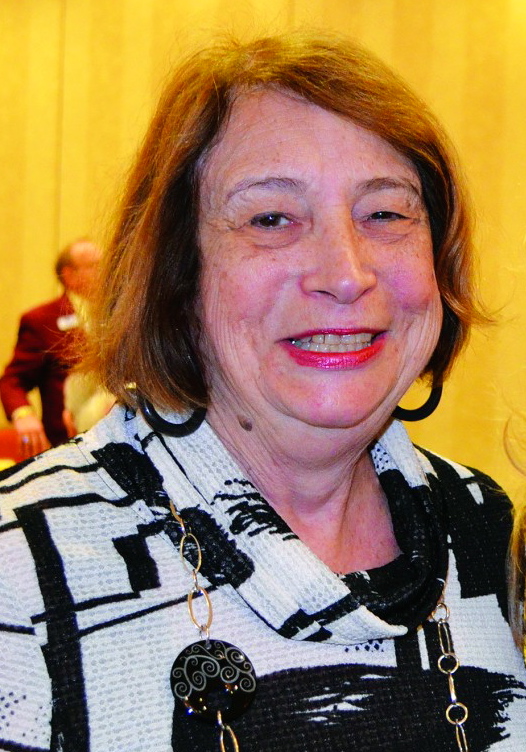The riverboat cruise I took recently in Portugal along the Duoro River was exceptional. Terraced vineyards high on hills overlooked the river on both sides. Lots of vineyards, lots of wineries visited. And lots of wine.
I could tell you about the interesting meals, excursions to charming old towns, the cobblestone streets, the churches, the castles, the still-working old-time bakeries. Maybe I will, one of these days. But this trip turned out to be more about the people on board.
Our riverboat carried only about 90 passengers, so I got to speak with many of them. I made a point to sit at different tables for each meal. About half the people were from England—an easy flight to Portugal. Not like me. I had to fly for at least ten hours and spend another six hours in airports. Much of the conversation with them centered on the recent vote for England to break from the European Union. None of them seemed passionate either for or against.
Another topic of conversation centered around two interesting passengers. One, John, was an armless gentleman, traveling with his parents. The other, Mary, was a blind woman traveling with a friend. Everyone wanted to know their stories.
I was particularly anxious to talk to Mary because she was an inspiration to everyone. Always cheerful, outgoing, never without a smile, friendly to all. My estimation of her went up tenfold in the little town of Lamego where the shrine, Our Lady of Remedies, stood atop a hill. The tour guide gave us a choice: climb 700 steps up to the church or stay on the bus and ride to the top. Mary opted to climb those 700 steps.
You probably guessed that I stayed on the bus!
Mary and I chatted several times, but I was reluctant to ask questions about her blindness. One day, however, I overheard her telling someone that she often gave talks about her blindness to various groups. This gave me the feeling that she would be receptive to telling me her story.
Mary, it turned out, was very happy to speak with me about her life. She gave me permission to ask her whatever I wanted. First, I asked how she became blind. Her family, she told me, moved to a farm in Canada when she was sixteen. Shortly after moving she had some kind of banter with her sister’s boyfriend. She no longer remembers what they were arguing about. He said, “Do you want me to shoot you in the face?”
Being very feisty she replied, “Go ahead.”
He did, not realizing that the gun was loaded with pellets. She was blinded—a tragic accident.
When I got home from the cruise and told her story to friends, they wanted to know what happened to that young man. I emailed her and she emailed me right back that, being new in the area, they did not want to involve the police. “The young fellow disappeared and we learned later that he flew back to Holland, where he came from.”
Mary attended a school for the blind and eventually had a career working with the blind in their homes, teaching coping skills. One day, a newspaper writer came to interview her, and eventually they married. Now widowed, Mary is 80 and lives alone. She has two children and a few grandchildren. She plays bridge several times a week and has an active life.
One big question I had for Mary was this—”Since you can’t see, what do you get out of going on a trip like this one?” She explained to me that she wouldn’t want to be alone in her home listening to a tape about Portugal. By going on trips she gets to smell things, feel things, experience things, and meet people from all over the world. The advantages of travel, for her, were many.
I never had the opportunity to speak with John, the man with no arms, or his parents. Many of us conjectured that John had been a “Thalidomide Baby.” This was a drug given for nausea in pregnancy, primarily used in England. Sadly, it was discovered too late that the drug caused birth defects. John was from England and appeared to be in his mid-fifties. About right.
John, also, was cheery and as independent as possible. I’m sure it was very difficult for him having his parents feed him. But he never seemed embarrassed. He spoke to many of the passengers, and one day I saw him deep in conversation with Mary.
Soon, I sat next to Mary at lunch and said, “So, Mary, I saw you talking with John. Did he tell you anything about coping with no arms?” Mary held herself up straight and with a chuckle said, “Iris, how would I know he had no arms?”
Everyone at the table had a good laugh—and a good lesson.


